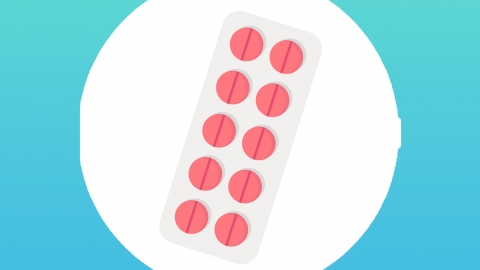What are the liver-protecting medications for patients with liver disease?
Generally, hepatoprotective drugs for patients with liver disease include ingredients such as bifendate tablets, reduced glutathione for injection, polyene phosphatidylcholine, compound glycyrrhizin tablets, and silybin capsules. Detailed explanations are as follows:

1. Bifendate Tablets
Bifendate tablets can lower elevated serum alanine aminotransferase (ALT) levels. They act quickly and significantly reduce enzyme levels. These tablets are suitable for treating chronic persistent hepatitis and post-hepatitis cirrhosis accompanied by persistently elevated ALT levels, as well as ALT elevation caused by chemical toxins or drugs.
2. Reduced Glutathione for Injection
Reduced glutathione for injection improves the synthetic function of the liver, promotes bile acid metabolism, and aids in the elimination of toxic substances. It has detoxification and hormone inactivation functions and provides protective effects against liver damage caused by various factors.
3. Polyene Phosphatidylcholine Capsules
Polyene phosphatidylcholine capsules are phospholipids extracted from soybeans. They can repair damaged hepatocyte membranes or organelle membranes and restore membrane function. As exogenous phospholipid components, they increase membrane fluidity and play an important role in hepatocyte regeneration and reconstruction.
4. Compound Glycyrrhizin Tablets
Compound glycyrrhizin tablets are commonly used in clinical practice as hepatoprotective agents. Their main components include glycyrrhizin, glycine, methionine, etc. They have anti-inflammatory, antioxidant, and immune-regulating effects, effectively improving abnormal liver function and alleviating symptoms of liver disease.
5. Silybin Capsules
Silybin capsules are natural active substances extracted from milk thistle seeds, with strong antioxidant and anti-inflammatory effects. They protect the integrity and stability of hepatocyte membranes and promote regeneration and repair of liver cells.
In daily life, it is important to maintain adequate sleep and avoid staying up late or overexertion. Work and rest should be reasonably scheduled, and maintaining a pleasant mood helps reduce the burden on the liver and promotes liver health.




